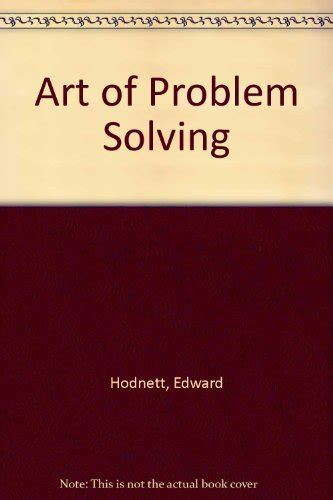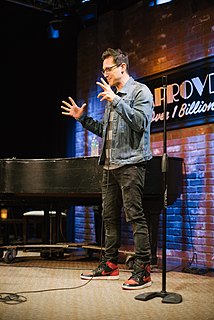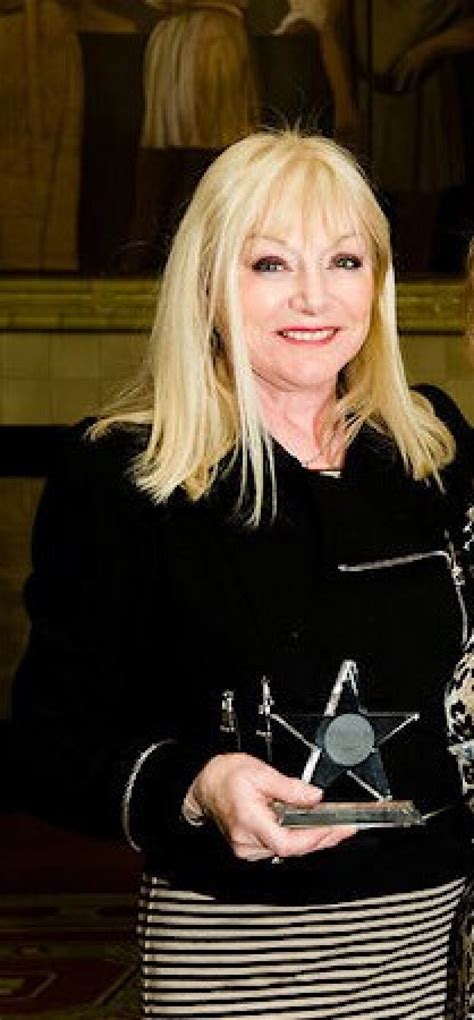A Quote by Drew Gilpin Faust
When I address admitted students each spring, I ask them to consider two questions: Why would Harvard be the right place for the person I am? Why would it be the right place for the person that I want to become? These questions, in my mind, get at the heart of any admissions process.
Related Quotes
When people ask me what philosophy is, I say philosophy is what you do when
you don't know what the right questions are yet. Once you get the questions
right, then you go answer them, and that's typically not philosophy, that's
one science or another. Anywhere in life where you find that people aren't
quite sure what the right questions to ask are, what they're doing, then,
is philosophy.
Two questions help us see why we are unlikely to get what we want by using punishment... The first question is: What do I want this person to do that's different from what he or she is currently doing? If we ask only this first question, punishment may seem effective because the threat or exercise of punitive force may well influence the person's behavior. However, with the second question, it becomes evident that punishment isn't likely to work: What do I want this person's reasons to be for doing what I'm asking?
I ask two questions when I am confronting life on a moment to moment basis when something important is happening. (1) What is factually happening right now? (2) What does my soul know about this and want me to know about this? It is amazing that when I give myself 20-25 seconds to seriously consider these questions, almost instantly I will arrive at a deeper awareness and a richer understanding of what is happening right now - from the soul's level of awareness.
I couldn't possibly explain why the common person would be against something like that. It's all rooted in sexual hang-ups. The whole institution of marriage itself really has no place in a progressive society. I don't know why anyone would want to get married heterosexually, so why they'd be against homosexual marriage is flummoxing. I only use that word when I'm talking to someone from the British press.
Every movie changes you. The process of making a film changes you. You have to be obsessed, you have to get up at 3 in the morning and go "Wait, I have an idea!" You have to continually be drawn over and over again to deepening inside that story, and ruminating over questions: "Why would he say this to her? Why if he was standing there, would she go?" Every one of those answers has to come from some personal place, and in order to do that, you can't sit on the surface. It's such a big change that you can't really explain it to anyone else.








































